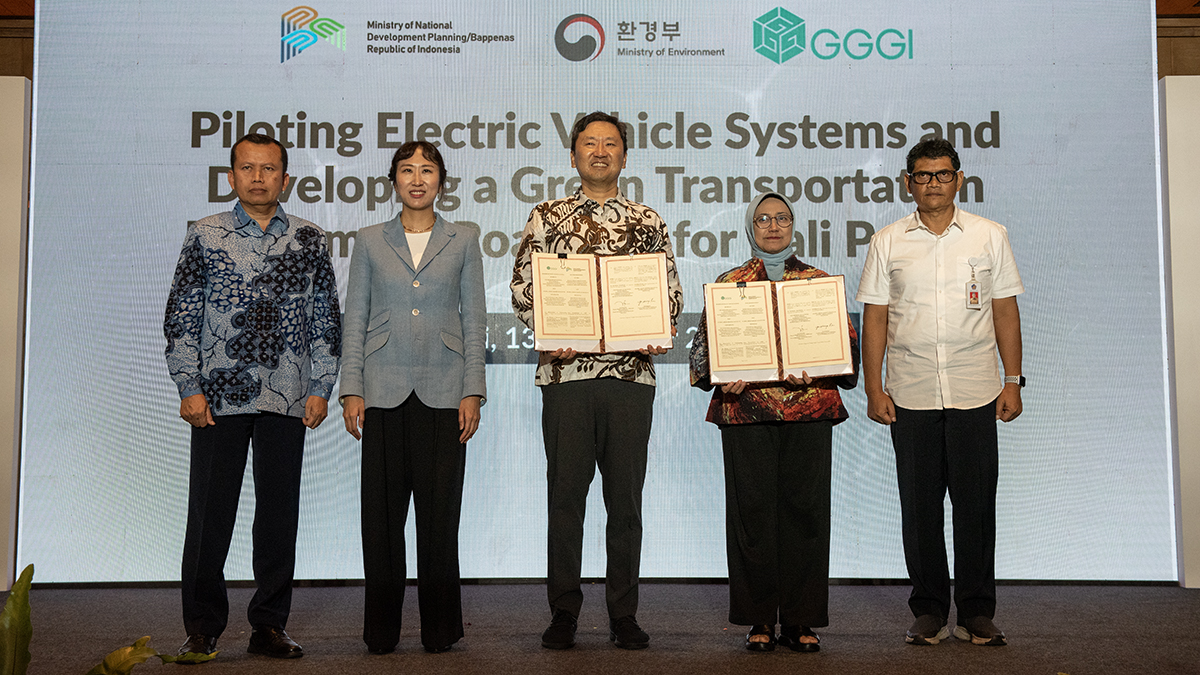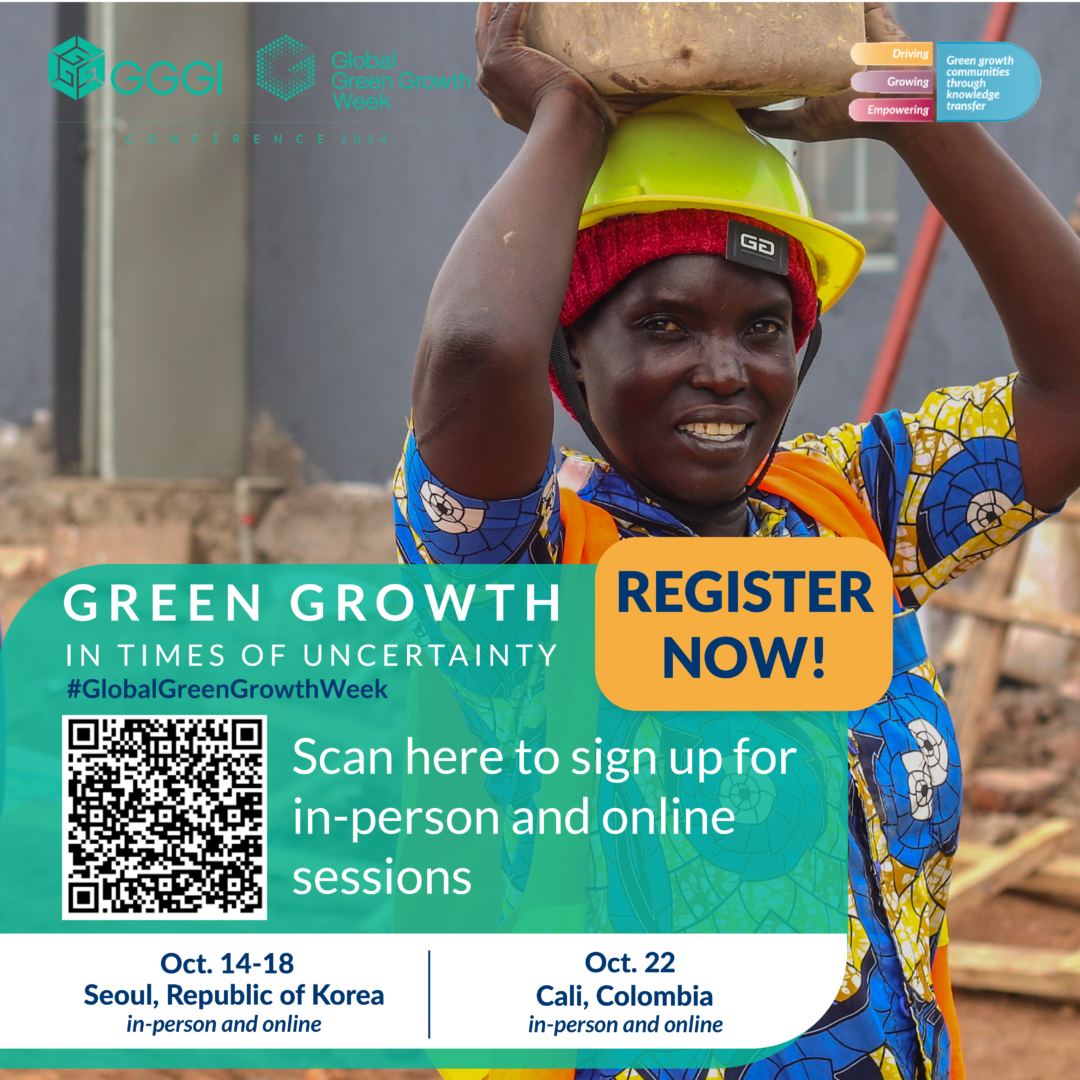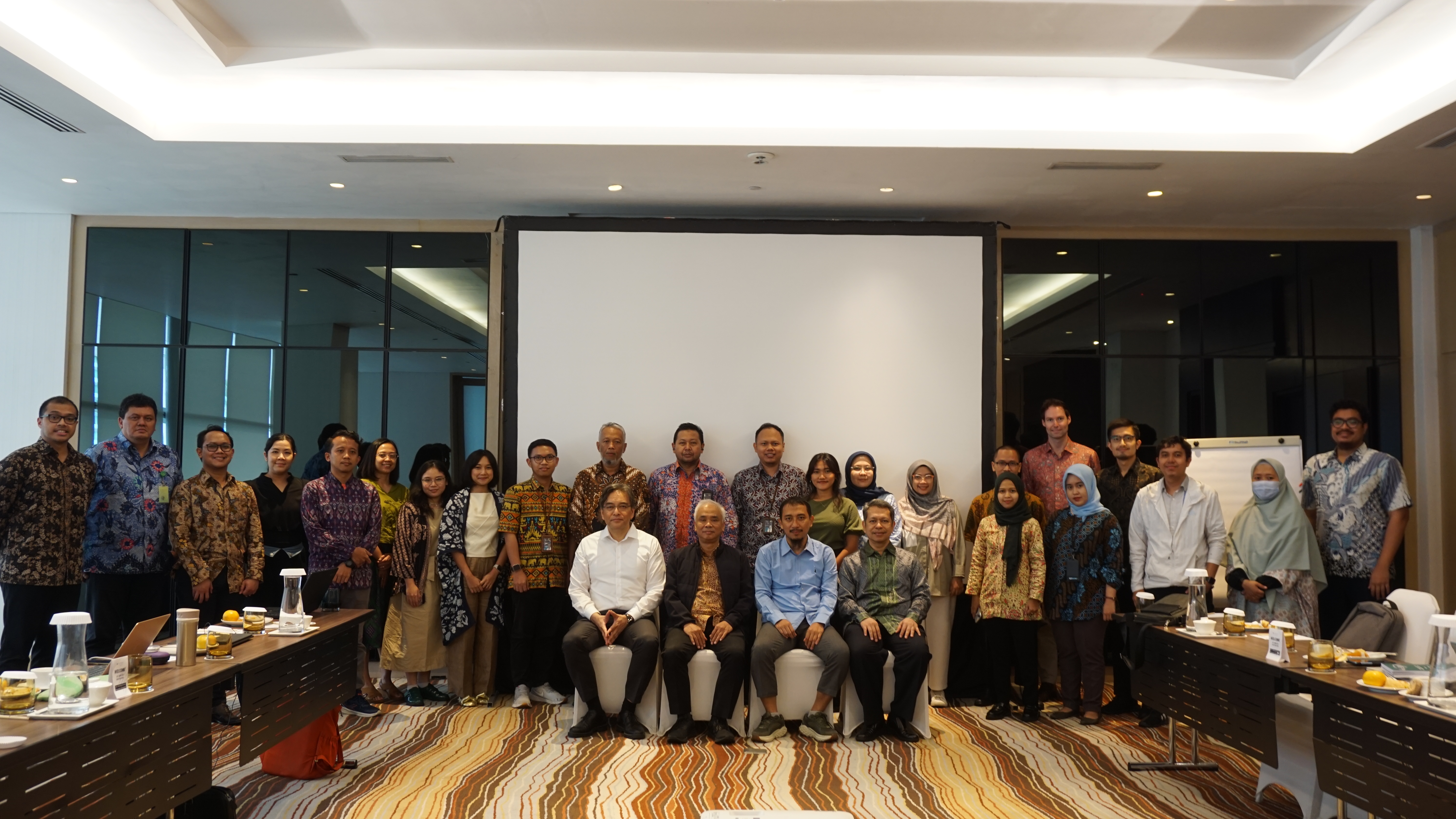Indonesia and Korea Join Forces to Develop E-Bus Public Transportation System in Bali
Indonesia and Korea have joined forces to develop an electric bus (e-bus) ecosystem in Bali in a significant step toward sustainable transportation. This ambitious project aims to transform the island’s public transportation system in line with global efforts to reduce greenhouse gas (GHG) emissions.
The collaboration was formalized through a Memorandum of Understanding (MoU) signed by Vivi Yulaswati, Deputy for Maritime Affairs and Natural Resources at the Ministry of National Development Planning/Bappenas of the Republic of Indonesia, and Jaeseung Lee, Country Representative of GGGI in Indonesia and Deputy Regional Director for Northeast Asia, in Bali on December 13, 2023. The signing ceremony was witnessed by Suy Hyun Lee, Director of the Climate Change and International Cooperation Bureau of the Ministry of Environment of the Republic of Korea.
Deputy Vivi highlighted the importance of this initiative as part of Indonesia’s energy transition efforts and the vision of “Indonesia Emas 2045”. She mentioned that the transportation sector is expected to contribute significantly, up to 9.93 percent, to reducing greenhouse gas emissions. Bappenas, with international partners, focuses on creating a supportive ecosystem and infrastructure for zero-emission e-buses.
As the delivery partner, GGGI will implement the piloting of electric vehicle systems and the development of a green transport investment roadmap for Bali. This project, valued at KRW 11 billion (approximately US$8.8 million), will run until December 2027. It includes various phases, including feasibility studies, implementation, financing, and deployment of e-buses and necessary infrastructure, such as charging stations in Denpasar, Badung, Gianyar, Tabanan (Sarbagita), and Klungkung. Jaeseung Lee emphasized that GGGI’s support began with e-buses in Bali, with plans to expand this model to other regions.
Suy Hyun Lee is confident that this partnership will significantly contribute to the global goal of reducing emissions by 45 percent by 2030 and achieving zero global emissions by 2050. This cooperation marks a milestone in the 50-year strategic partnership between Indonesia and Korea, especially in the environmental sector.
Indonesia is committed to meeting its global environmental commitments, targeting a 32 to 43 percent reduction in greenhouse gas emissions by 2030 and net-zero emissions by 2060 or earlier. The country’s energy transition policy focuses on cleanliness and equitable and sustainable energy distribution. In its net-zero emissions scenario, the Government of Indonesia focuses on electrifying private vehicles and using hydrogen energy for heavier modes of transport, such as buses and trucks.




